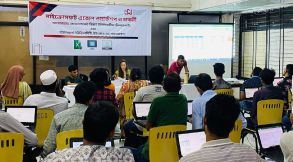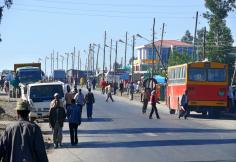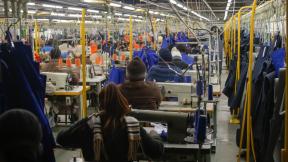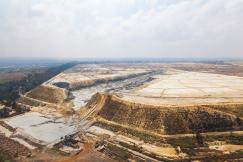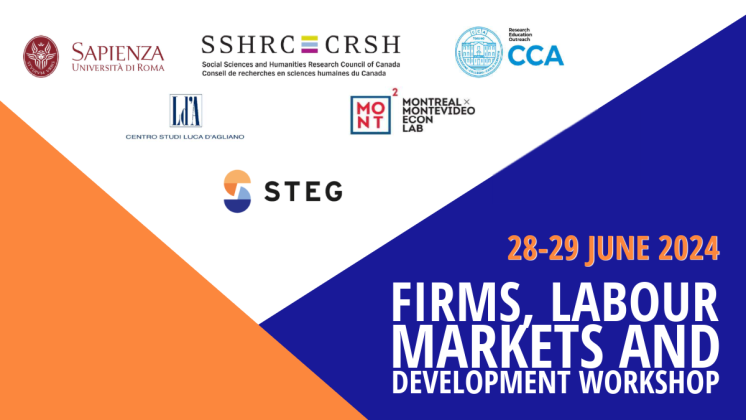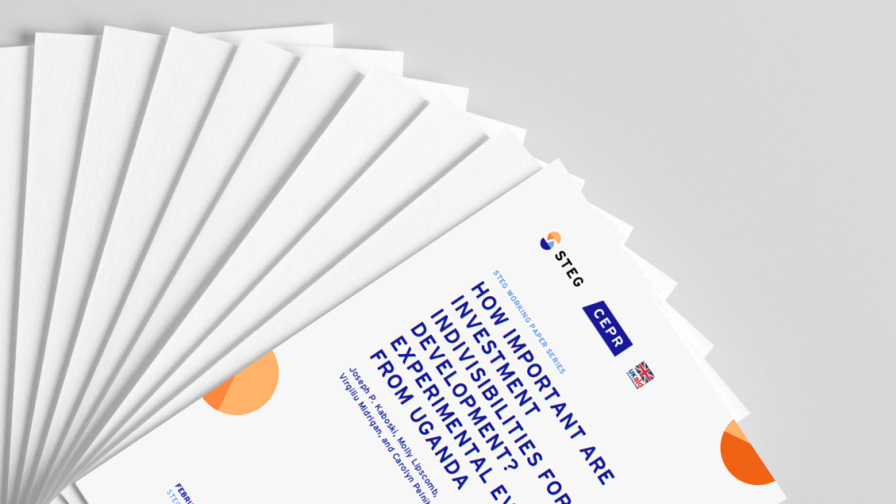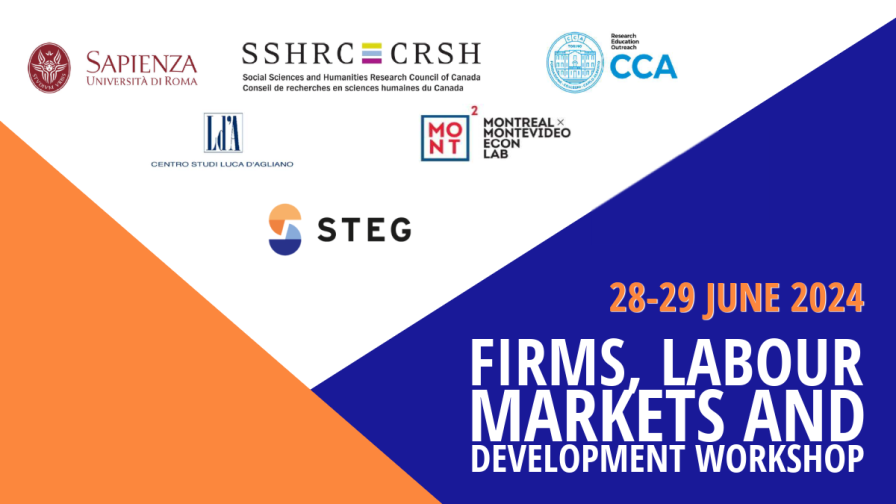This paper documents that production networks play an essential role in the job search and matching process. Employer-employee data, matched with the universe of firm-to-firm transactions for the Dominican Republic, reveals that one-fifth of workers who change firm move to a buyer or supplier of their original employer—significantly more than predicted by standard labour market characteristics. Supply chain moves are a major contributor to mobility up the job ladder. An event study shows that moving to a buyer or supplier is associated with a persistent 2 percent earnings premium relative to other workers hired by the same firm. Survey evidence shows that the main reasons for hiring within the supply chain are a supply chain-specific component of human capital and better information about job applicants. Worker mobility along the supply chain is also associated with an increase in firm-to-firm trade, which points to human capital as the most likely explanation for the supply chain earnings premium. These results reveal a new channel through which factors affecting the supply chain, such as international outsourcing or contracting frictions, affect labour market dynamism.
STEG Working Paper Series
• Research Theme 1: Firms, Frictions and Spillovers, and Industrial Policy
Worker Mobility in Production Networks

Related content




